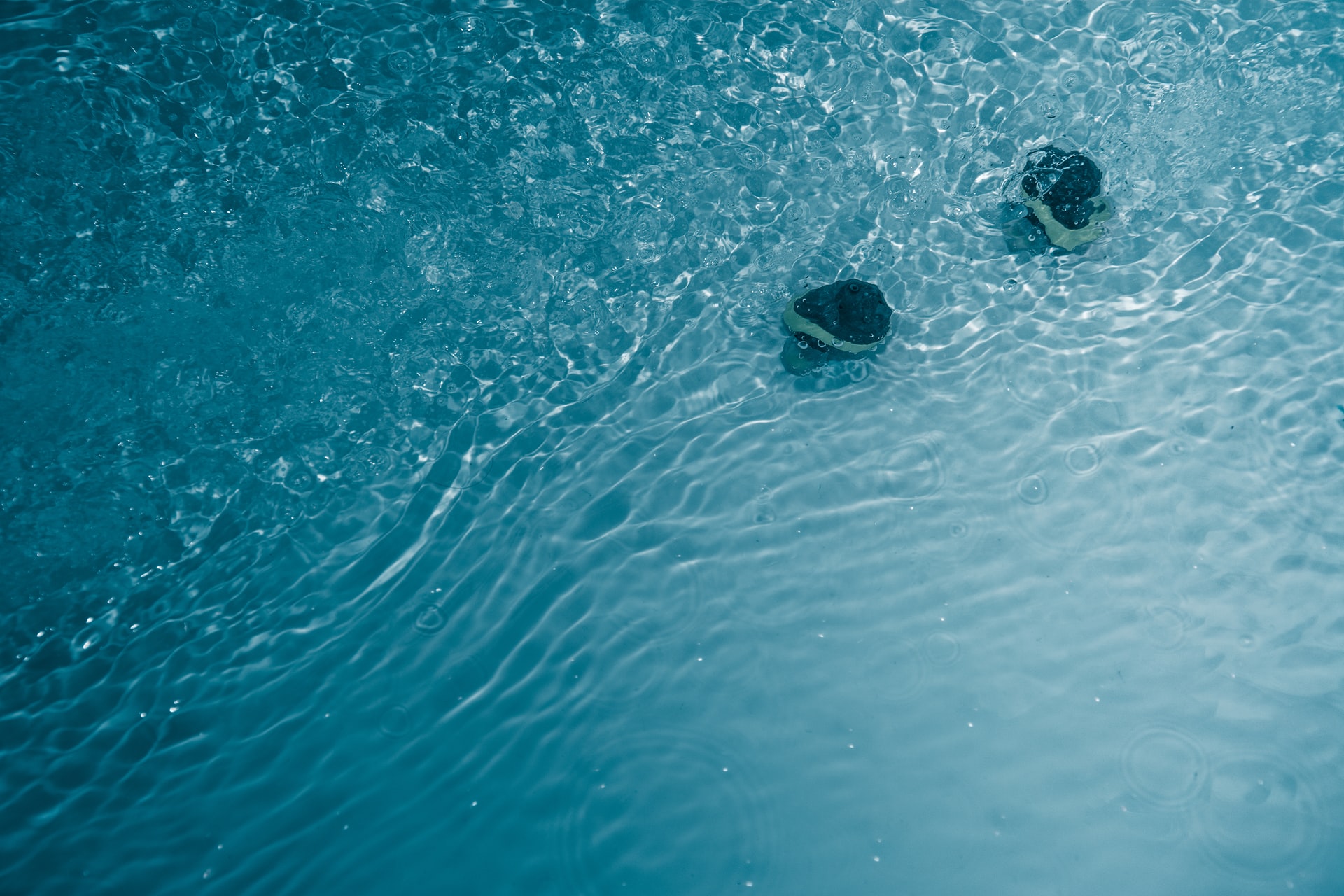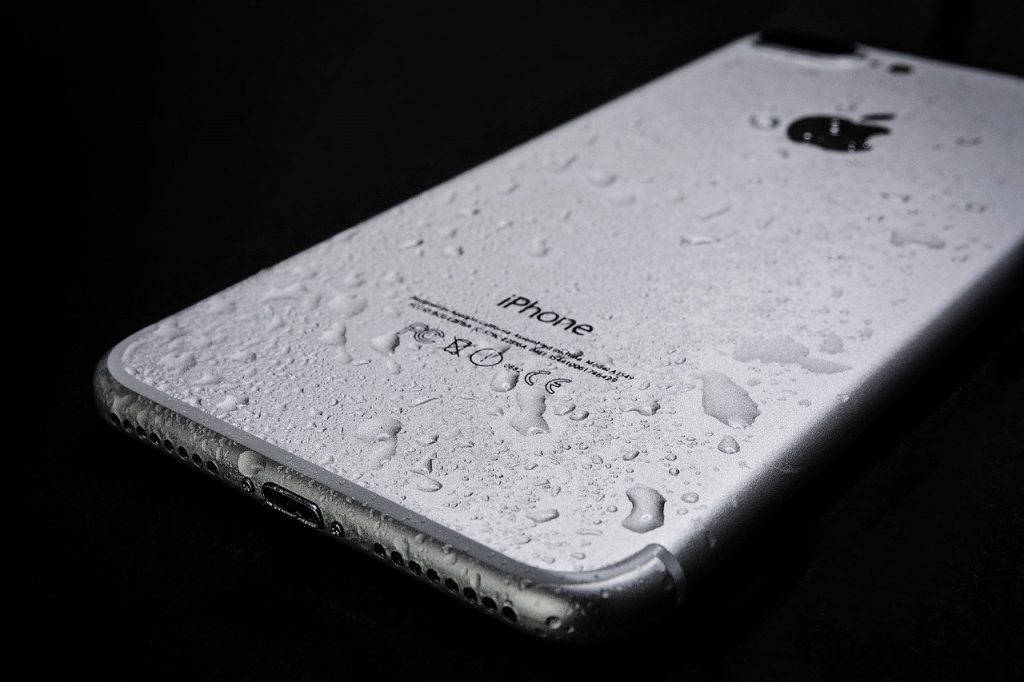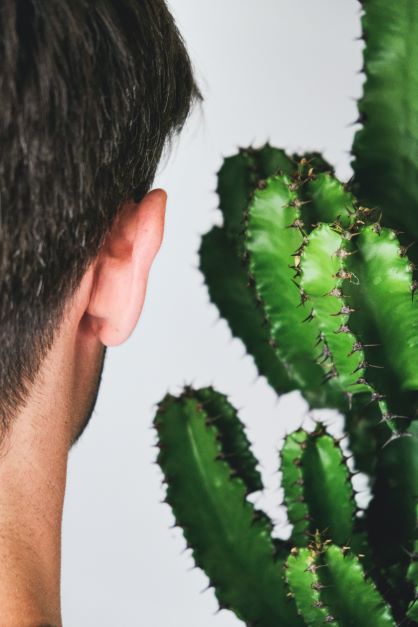Do Real Waterproof Hearing Aids Exist?

Accidentally exposing your hearing aids to liquids or moisture is one of the most common reasons for malfunctions and repairs. So it’s no surprise that hearing aid users want a truly waterproof hearing aids.
It’s 2021 and GM just announced a flying Cadillac. Surely waterproof hearing aids aren’t too much to ask for?
Waterproof Hearing Aids
Unfortunately, it still looks to be too much to ask.
Simply put, truly 100% waterproof hearing aids do not exist. Until technology advances further, water-resistant is the best you can get today.
Water-Resistant Hearing Aids
Hearing aids that are labelled as water-resistant (sometimes also labelled as water-repellent, shower resistant, or moisture resistant) are designed to retard the penetration of water, but they can’t stop it completely.
They feature improved protective plastic housing (usually one solid piece), external components that are sealed, and water/oil resistant nano-coatings are used on all internal and external parts to seal them from moisture. These protective coatings and improved parts provide a barrier that greatly reduces damage from moisture intrusion.
However, this does not mean that the internal electronic components are invincible. They will still be damaged if they are exposed long-term to high humidity, dampness, or submersion.
Despite this, some of the benefits of a water-resistant hearing aid are rather obvious.
- For those who sweat more than others, a water-resistant hearing aid could prevent all that sweat from damaging the electronics. Water-resistant hearing aids can also help prevent damage from excessively oily skin or if you produce excessive earwax.
- If you live in a humid region, such as in many southern states or along the coast, water-resistant hearing aids can protect against the humid climate.
- If you are frequently near water, a water-resistant hearing aid could provide a little added insurance in case you drop them into the water.
- Many hearing aids are so comfortable and unobtrusive that wearers forget that they have them in their ears. If your hearing aids are water-resistant, they’ll most likely be okay if you step into the shower or step out into a rainstorm and then remember that you have them in.
The IP Protection Scale
International Protection Code: the International Electrotechnical Commission (IEC) ranks devices on how well they repel dust and water. This is the International Protection Code (IP) and it assigns a rating for dust resistance (0 to 6) and a rating for water resistance (0 to 9); the first digit in the code is for dust, the second digit is for water, and higher numbers mean better resistance.
For example, a device with a rating of IP54 would have good dust resistance but only moderate water resistance.
All hearing aids come with an IP rating, and the recommended minimum rating for a water-resistant hearing aid is IP68. This would grant them protection against water even when submerged for extended periods of time.
For a detailed look at what all the numbers and rankings mean, check out this convenient chart!

The iPhone 7 is IP67
Avoiding Water Damage to Your Hearing Aid
Moisture can damage any device that contains electrical components, such as smartphones and laptops; your hearing aid is no different.
To continue working optimally, you should strive to keep your hearing aid as dry as possible. Even water-resistant hearing aids can eventually be damaged by water intrusion, leading to costly repairs or a replacement.
However, there are some easy steps you can follow to prevent water or moisture from damaging your hearing aids and keep them working well.
- Air out you hearing aids: whenever you can, open the battery doors on your hearing aids to allow good airflow and dry out any trapped and unwanted moisture. Do this while you sleep, or whenever you’re not using your hearing aids. This will prevent corrosion and keep your batteries operating as long as possible.
- Use a dehumidifier: one way to help ensure that your hearing aids remain moisture-free is to purchase a hearing aid dehumidifier. These little containers are designed to house your hearing aids overnight and remove moisture while you sleep. Electric models use a fan to air out your hearing aids, while non-electric models use a desiccant to absorb moisture.
- Use hearing aid sweat covers: if you plan to be in a situation where your hearing aids might be exposed to moisture or sweat, then a pair of sweat covers or sweatbands can provide extra protection. Hearing aid sweat covers are little cloth covers that fit around your hearing aid discreetly and absorb sweat and other moisture. Hearing aid sweat covers cost approximately $30 for a pair.
- Clean your hearing aids frequently: you should clean your hearing aids every night; this not only removes unwanted moisture, but also earwax, dirt, and dust, all of which can harm the components of your hearing aid.
The information in this guide has been written using the following reliable sources:
Healthy Hearing, Hyper-Gear, hearingaids.com, Zip Hearing, Truhearing
The post Do Real Waterproof Hearing Aids Exist? appeared first on Olive Union.
 (708) 847-3208
(708) 847-3208





 Everyone has had or dealt with dry skin at some point in their lives. It can be caused by the environment, allergens, lifestyle decisions, and many other varying factors and can be quite a nuisance to deal with, even painful. Similarly, the same can be said for dry ears. Similar to how skin produces oil […]
Everyone has had or dealt with dry skin at some point in their lives. It can be caused by the environment, allergens, lifestyle decisions, and many other varying factors and can be quite a nuisance to deal with, even painful. Similarly, the same can be said for dry ears. Similar to how skin produces oil […] Web designer is a particularly accessible job for the hearing impaired as well, because most of the communication involved tends to be digital. Salary...
Web designer is a particularly accessible job for the hearing impaired as well, because most of the communication involved tends to be digital. Salary...


